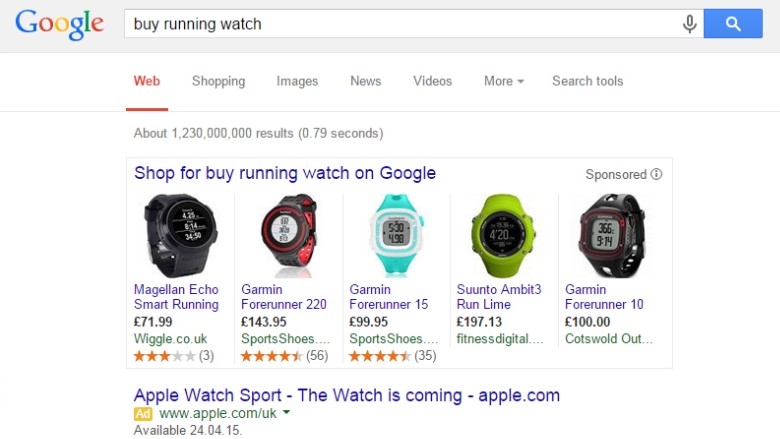Google under siege: Europe wants blood
- The European Union is set on leaving Google in a very horrible position
- This form of conflict is rather focused on how Google will work in Europe
- The European Commission complains that Google favors its own search results over its competitors. The most relevant links are not always listed first on Google.
- For example, people searching for "running watch" will see photos, prices, ratings and links to five watches from companies that paid Google to advertise on the site. They won't see Amazon or other rivals' results listed first, and they're not necessarily seeing the best or most relevant products at the top of the results.

- Europe Commission has been probing at Google for the last 5 years
Just when it seemed like Google had gained the upper hand, the European Parliament voted in favor of a non-binding resolution to break up Google, the EC voted in a new competition commissioner, and the tide turned against the search company.
The EU has also been notoriously harsh on U.S. tech companies.After a failed U.S. Justice Department attempt to break up Microsoft, the EU has punished the software giant over the past decade with €1.6 billion worth of fines and by forcing the company to give Windows users browser options beyond Internet Explorer.
Intel also got slammed with a $1.4 billion fine for violating antitrust rules there -- the same case it settled for $6.5 million with the New York attorney general, after reaching a private agreement with rival AMD.
Google itself already lost its battle over the "right to be forgotten," a European law that requires the company to remove certain unwanted, inappropriate links from search results if requested. Google fought the law tooth and nail, yet lost.
But here is the problem with the European Union's case: It incorrectly assumes the starting point for consumers' shopping is always Google.
In its response to the charges, Google noted that its travel and shopping sites are woefully behind Amazon, eBay, Booking.com, TripAdvisor, Expedia and many other sites in Europe. Google might have a 90% share of the European search market, but when searching for certain products online -- the particular items that the EU is the most upset about -- Google is hardly the only search engine in town. In fact, it's not close to the largest.
Google now has 10 weeks to officially respond to the EU's complaint. If it chooses not to settle, the case could get tied up in court for years.
The commission has also launched a full probe into Google's Android mobile operating system after a group of competitors accused the company of using it to "monopolize the mobile marketplace and control consumer data." Vestager said the European Union is also looking into other Google services, such as airline flights and hotel booking sites.

No comments:
Post a Comment